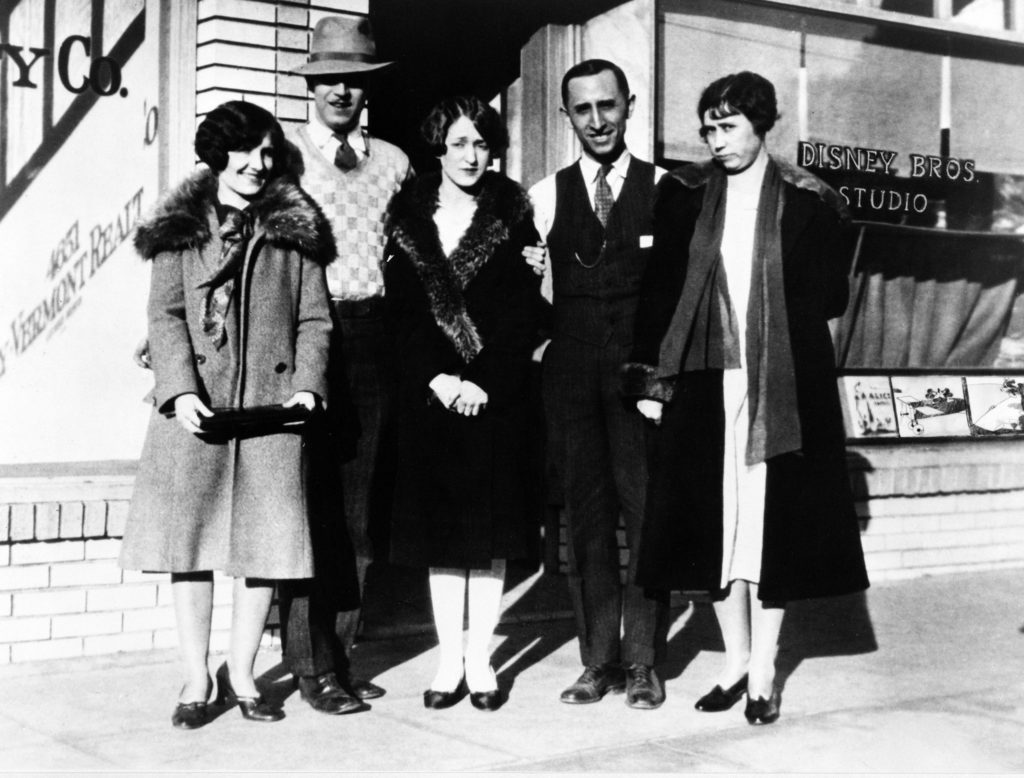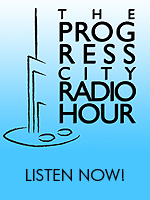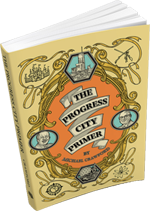
One hundred years ago today, on October 16th, 1923, the Disney Brothers Studio was founded in Los Angeles. What began as a shoestring operation of just a handful of people has, in the ensuing century, become the singular, dominant force in the global entertainment culture. What’s probably not surprising, if you look at this site, my other projects, how I’ve spent the majority of my time, and what I do for a living in the real world, is that it has also been the dominant cultural influence on my own life.
I grew up immersed in Disneyana, and not simply the latest films or theme park projects. I was fortunate enough to spend my youth during an era when Disney itself happily provided copious amounts of entertainment from its past via a number of outlets. I could wake up to antique animated shorts on the Disney Channel, come home from school and watch old episodes of the Disney anthology show via local syndicated channels, and close out the day with a VHS copy of a 70s screwball comedy from my local video store.
In such an environment, one develops a certain amount of historical awareness. There was no line between “old” and “new” on the vintage Disney Channel; after all, if something is new to you it doesn’t matter if it’s thirty or forty years old, as long as it’s entertaining. So I grew up watching Walt host shows that aired twenty years before I was born, and delighting in Donald shorts which were new when my grandmother was young. It was all “Disney”, and I was all in for it.
With such an upbringing, as well as my hobby as part-time historian, it’s perhaps unsurprising that my initial response to the Disney Centennial is initially rooted in a look backwards. My first thoughts about such an anniversary concern all the things I’d love to see emerge from the fabled Disney vault; things I’d like to see on Disney+, books I’d like to read, music collections I’d like to listen to. I have a boundless craving for history-oriented Disney content, and would love the youth of today to be able to immerse themselves in the full history of the company as I was once able to. Once you see the full picture, you appreciate the company and the people who created it even more.
But one can’t simply look to the past. After all, even as I grew up immersed in content from Walt’s lifetime, I also avidly read the quarterly issue of Disney News to see what was coming next. The company’s annual report to shareholders was always feverishly anticipated because it held clues to future films and attractions.
Walt Disney was a man who not only built Main Street U.S.A. and waxed rhapsodic about his rural youth, but also spent the last years of his life planning a groundbreaking city of the future. A love of the past does not forestall an interest in the future. So as Disney passes the hundred-year mark we must think not only about where we’ve been but where we’re going.
It’s a time to refocus, and to reorient ourselves. It’s a time to rededicate ourselves to the ideals which made the company’s output become so beloved even from its earliest days.
This does not mean to say that we should stop and worry about “What Would Walt Do?” Playing that game is a fool’s errand, because no one alive could even begin to guess what Walt Disney would do were he alive today. Walt earned his fame by defying expectations, for knowing what audiences wanted before they themselves could put their wishes into words. Time and time again, pundits predicted his failure. Every step of the way, his latest project would be labeled “Disney’s Folly”, until his success reached a point that even his critics had to admit that he might know what he was doing.
The question is not what Walt would do, but how he would do it. We can’t say which projects he would undertake were he alive, but we have plenty of evidence for how he would go about those projects if he could. And that is information that we can use.
The stories – and quotes – are legion. “Quality will out.” “Keep moving forward.” “It takes people.” I’ll refrain from going into a litany of Walt quotes, but should anyone choose to study the company’s history it becomes quickly apparent how the foundation was laid for Disney’s success.
Surround yourself with the best people, and invest heavily in them. Respect your audience, and don’t talk down to them. Spare no expense for quality, and insist on quality in every aspect of your product. Think about what you’re doing – dog an idea, and work it until you’ve got it right.
Perhaps Walt’s greatest skill was in choosing the talent with which he staffed his studio, so we have not only Walt’s wisdom to fall back upon but also a legion of artists and creative people who made the magic happen. Whether you’re learning how to tell a story from his animation legends, finding out how to stage a scene from Marc Davis, or picking up critical tips from John Hench – “avoid contradictions” is one of my favorites – the titans who preceded us have left us plenty of examples to learn from. We just have to listen.
So on this centennial, let’s root ourselves firmly in the past while gazing eagerly towards the future. There’s a lot of wisdom to be gleaned from history, and a lot of fun too. One of my favorite Walt quotes is “I love the nostalgic myself. I hope we never lose some of the things of the past.” Enjoy the nostalgic. Learn from it. Respect it. Don’t dismiss it. But also don’t let it bind you, as you look forward to new things. Just make sure that you learn enough from the past that as you create new things you know how to do it right.
The Disneys created entertainments meant not just for the moment, but intended to endure. And the byproduct of that effort and focus was a great deal of profit. So don’t say it’s bad business to take fun seriously – none of us would be here today talking about this cultural juggernaut if Walt and Roy hadn’t.
Walt and Roy knew what they were doing. The proof is in the proverbial pudding, after all. So for those of us who live in the world that their genius helped create, let’s lift up their ideals and try to carry them on into the next generation. Let’s dream and do (even though Walt never said that!) and create and put our heart and souls into it, and let’s do it the right way. For the right reasons. Because as Walt clearly showed, those who do what they enjoy and put cool stuff out into the world will be rewarded.
Thanks, Walt. Thanks, Roy. And thanks to the countless talented people who made your dreams a reality. Here’s to a hundred more.









Recent Comments